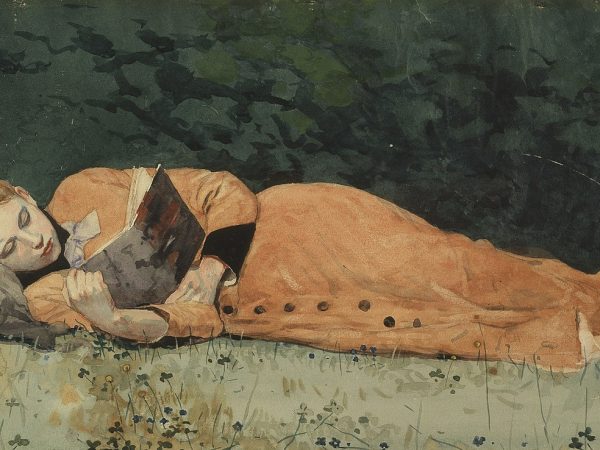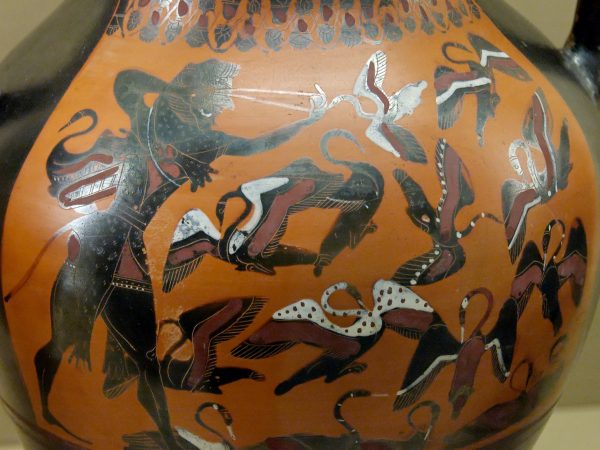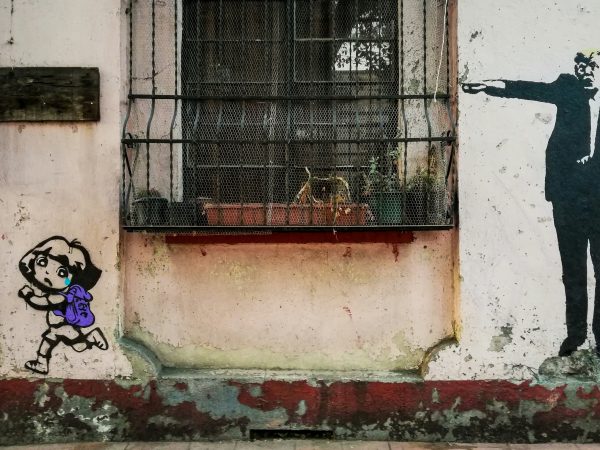
All human beings (including me) are capable of dehumanizing others. Moreover, all dehumanizers (including Jesus) can change their minds.
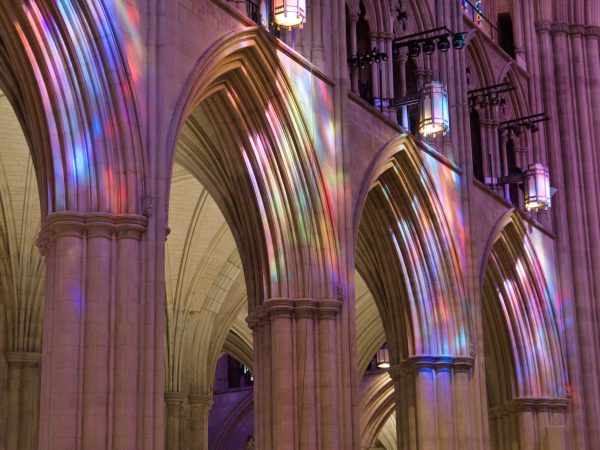
For those of us who have experienced marginalization, are we confident that God is actively seeking the lost and rejected souls in our communities? And for those of us with social privilege, do we embody this confidence by extending love to those on the margins—the outcast, the silenced, those with no voice or vote?

Scripture has acquired a lethal familiarity in our political culture of scattering. Can we listen to its words differently together, so that the generous light of God’s creative Word might shine through them and gather us?
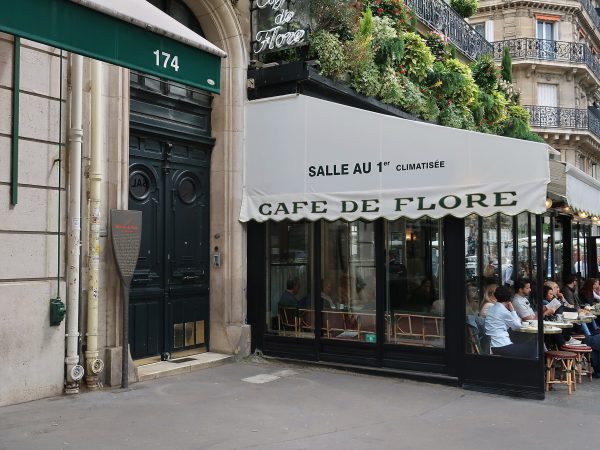
Rather than starting from a diagnostic superficiality of her image, a seemingly inevitable lure as evidenced by the myriad books about Weil that display her photo on their cover, when we really dwell with Weil’s writing in relation to her self-fashioning, what emerges is how profoundly she sought a more engaged connection with the world.

Those experiencing rejection because of their sociopolitical identities can know that God does not condone discrimination, that God’s promises are a proclamation of reversal.
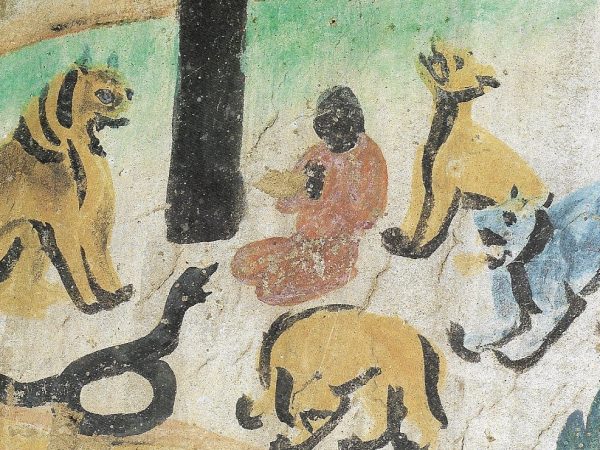
These books demonstrate that animal studies as a new field offers a powerful perspective for understanding the history shared with our companions in the multi-species universe.
